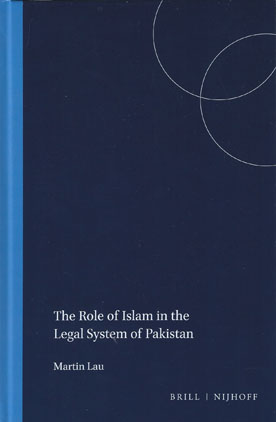
The role of the judiciary in the Islamisation of Pakistan's legal system has not received much attention by legal scholars.
This book aims to fill this gap. Starting in 1947, it examines the way Pakistani judges have dealt with the controversial issue of Islam in the past 50 years. The book's focus on reported case-law offers a new perspective on the Islamisation of Pakistan's legal system in which Islam emerges as more than just a challenge to Western conceptions of human rights.
The first part examines the emergence of Islamic arguments in the period up to 1977 when General Zia ul Haq embarked on an ambitious project to turn Pakistan into a truly Islamic state. In these early years of Pakistan judges increasingly turned to Islam as a source of law to preserve judicial independence and to protect the country's faltering democracy.
The second part examines in detail the features and effects of Zia's Islamisation programme especially the workings of the newly created Federal Shariat Court. The third part reviews the legal developments in the post-Zia period when the judicial gates of Islamization which were first wide opened, have gradually been closed by a series of landmark decisions. What emerges from this analysis is an image of Islam as a source of law which is rich, complex and varied.
Depending on the judge and the court, Islam was applied to varying effects ranging from liberal to extremely conservative attitudes. However, they share a common feature, namely that the role of Islam in the legal system of Pakistan is to a large degree determined by its higher judiciary.